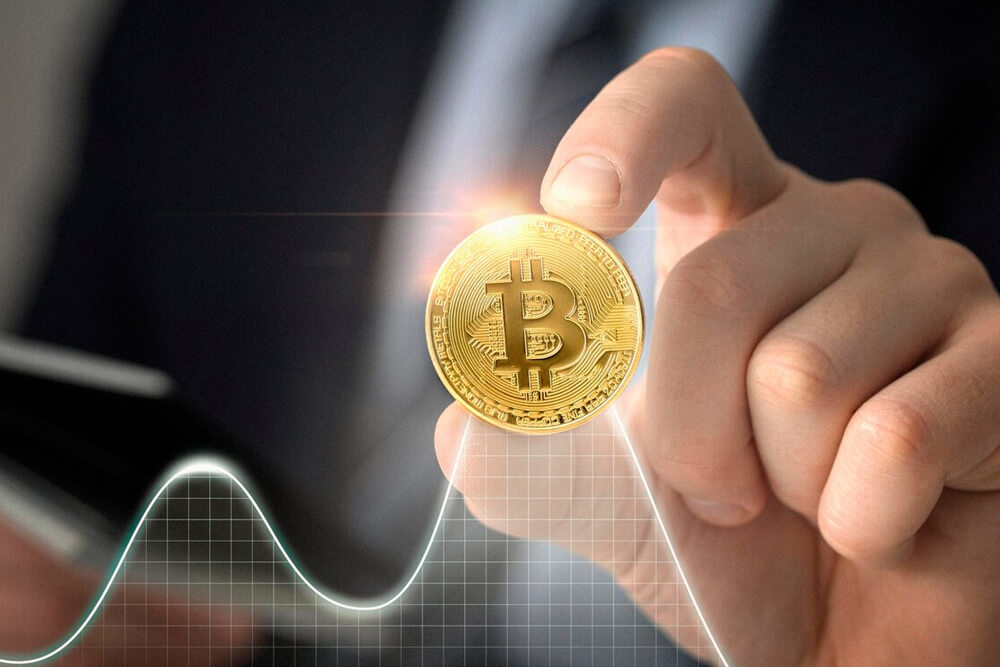
Digital Gold: Does It Pose a Threat to Physical Gold?
In the era of advanced technology and the digital economy, a new concept has emerged known as "digital gold," which refers to digital currencies like Bitcoin. These digital assets are gaining increasing popularity as a means of investment and storage, raising questions about whether they pose a threat to traditional physical gold, long regarded as a safe and stable haven. In this article, we will explore the concept of digital gold, compare it to physical gold, and examine whether it could pose a real threat to the latter.
What is Digital Gold?
Digital gold typically refers to digital assets such as Bitcoin and other cryptocurrencies that are marketed as an alternative to traditional gold. These digital assets rely on blockchain technology to ensure transparency, security, and decentralization. Some characteristics that make these assets attractive to investors include:
- Scarcity: Like physical gold, Bitcoin has a limited supply, with a maximum cap on the number of coins that can be produced (21 million Bitcoins), adding value to this asset.
- Decentralization: Digital currencies do not rely on a government or central institution, making them largely immune to political or economic interference.
- High Liquidity: Digital currencies can be easily traded on global markets around the clock, providing flexibility for investors.
Physical Gold: The Traditional Strength
Physical gold, on the other hand, has a long history as a store of value and medium of exchange. Its physical properties, such as rarity and durability, have made it a standard of value throughout the ages. Some characteristics of physical gold include:
- Stability and Consistency: Gold retains its value over time and is considered a safe investment during economic crises.
- Multiple Uses: Besides being a store of value, gold is used in industries such as technology, medicine, and jewelry, enhancing its economic value.
- Global Acceptance: Gold is universally recognized as a currency, making it easy to use as a medium of exchange.
Does Digital Gold Pose a Threat to Physical Gold?
The key question is whether digital gold can replace physical gold as a safe haven. Several factors can influence this issue:
- Price Volatility: Digital gold, especially Bitcoin, is known for its significant price volatility, making it less stable compared to physical gold.
- Technology and Security: Although blockchain provides a high degree of security, digital currencies are still vulnerable to hacking and technological shifts.
- Institutional Acceptance: Physical gold enjoys widespread acceptance by governments and central banks, whereas digital currencies still face regulatory challenges in some regions.
Conclusion
Currently, it seems that digital gold and physical gold serve different purposes and can coexist in investors' portfolios. Digital gold offers opportunities for quick investment and high liquidity, while physical gold provides stability and consistency as a store of value. The future may see a blend of both, with investors benefiting from the advantages of each. However, it is too early to say that digital gold can fully threaten physical gold, especially given the ongoing technological and regulatory challenges.






